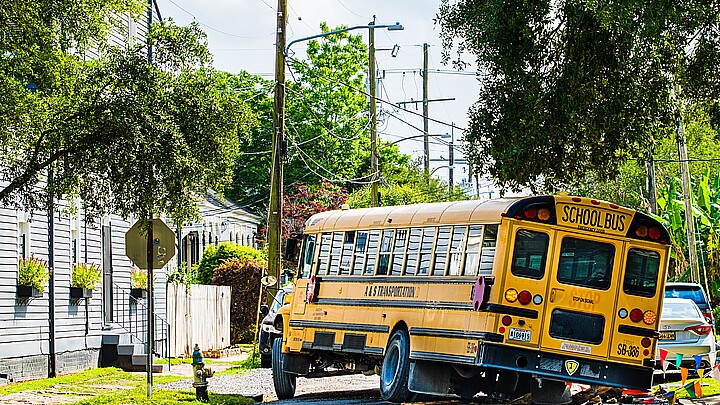Health
New York City to hospitalize mentally ill people involuntarily
"A common misunderstanding persists that we cannot provide involuntary assistance unless the person is violent, suicidal, or presenting a risk of imminent harm," the mayor said
November 29, 2022 7:55pm
Updated: November 29, 2022 7:55pm
New York City officials plan to hospitalize individuals with severe mental illnesses found on the city streets and subways, according to a new plan announced by officials on Tuesday.
According to a directive issued to all city workers—including New York Police Department officers, New York Fire Department firefighters, EMS, and health department employees—people who appeared to be mentally ill can be transported to hospitals even if they do not pose a risk to themselves or others.
The move comes as part of a long-term strategy announced by NYC Mayor Eric Adams to address severe mental illnesses in the city with "an immediate shift in how we interpret our obligation to those in need."
"A common misunderstanding persists that we cannot provide involuntary assistance unless the person is violent, suicidal, or presenting a risk of imminent harm," the mayor said.
"This myth must be put to rest. Going forward, we will make every effort to assist those who are suffering from mental illness and whose illness is endangering them by preventing them from meeting their basic human needs," he added.
The new directive "creates an expedited step-by-step process for involuntary transportation for individuals in crisis," which "states explicitly that it is appropriate to use this process when individuals appear to be mentally ill and unable to meet their basic needs."
To ensure the appropriate care of those with mental health problems, police and other city employees will receive basic training to prepare them for interventions with the affected residents, including "engagement strategies to try before resorting to removal."
Additionally, the city is launching a telephone hotline to provide “real-time” advice for police officers when they encounter people in a psychiatric crisis. The phone number will be staffed by health and hospital personnel. It is expected to launch next year.










